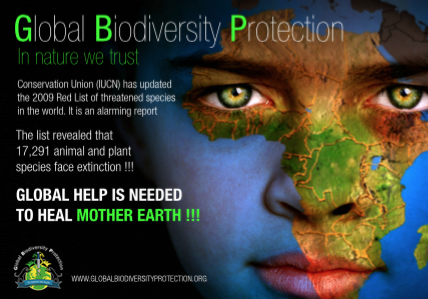Eco-Tourisme, voyager responsable
Ecotourism’ (also known as ecological tourism) is responsible travel to fragile, pristine, and usually protected areas that strives to be low impact and (often) small scale.
It purports to educate the traveler; provide funds for conservation; directly benefit the economic development and political empowerment of local communities; and foster respect for different cultures and for human rights.
Eco tourism is held as important by those who participate in it so that future generations may experience aspects of the environment relatively untouched by human intervention. Most serious studies of ecotourism including several university programs now use this as the working definition.
Ecotourism appeals to ecologically and socially conscious individuals. Generally speaking, it focuses on volunteering, personal growth and environmental responsibility. It typically involves travel to destinations where flora, fauna and cultural heritage are the primary attractions. One of the goals of ecotourism is to offer tourists insight into the impact of human beings on the environment, and to foster a greater appreciation of our natural habitats.

History
Ecotourism, responsible tourism, jungle tourism, and sustainable development have become prevalent concepts since the late 1980s, and ecotourism has experienced arguably the fastest growth of all sub-sectors in the tourism industry. The popularity represents a change in tourist perceptions, increased environmental awareness, and a desire to explore natural environments. At times, such changes become as much a statement affirming one’s social identity, educational sophistication, and disposable income as it has about preserving the Amazon rainforest or the Caribbean reef for posterity.
Ecotourism is a form of tourism that involves traveling to tranquil and unpolluted natural areas. According to the definition and principles of ecotourism established by The International Ecotourism Society (TIES) in 1990, ecotourism is “Responsible travel to natural areas that conserves the environment and improves the well-being of local people.
 Why is it important..? Because..,
Why is it important..? Because..,
- Involves travel to natural destinations.
- Minimizes impact and builds environmental awareness.
- Provides direct financial benefits for conservation.
- Provides financial benefits and empowerment for local people.
- Respects local culture.
- Supports human rights and democratic movements.
Ideally, ecotourism should satisfy several criteria, such as:
 Conservation of biodiversity and cultural diversity through ecosystem protection.
Conservation of biodiversity and cultural diversity through ecosystem protection.- Promotion of sustainable use of biodiversity by providing jobs to local populations.
- Sharing of socio-economic benefits with local communities and indigenous people by having their informed consent and participation in the management of ecotourism enterprises.
- Tourism to unspoiled natural resources, with minimal impact on the environment being a primary concern.
- Minimization of tourism’s own environmental impact.
- Affordability and lack of waste in the form of luxury.
- Local culture, flora and fauna being the main attractions.
Direct environmental impacts
Ecotourism operations occasionally fail to live up to conservation ideals. It is sometimes overlooked that ecotourism is a highly consumer-centered activity, and that environmental conservation is a means to further economic growth.
Ecotourism also has an effect on species through the value placed on them. “Certain species have gone from being little known or valued by local people to being highly valued commodities. The commoditization of plants may erase their social value and lead to overproduction within protected areas. Local people and their images can also be turned into commodities”
Natural resource management
Natural resource management can be utilized as a specialized tool for the development of eco-tourism. There are several places throughout the world where the amount of natural resources are abundant. But, with human encroachment and habitats these resources are depleting. Without knowing the proper utilization of certain resources they are destroyed and floral and faunal species are becoming extinct. Ecotourism programme can be introduced for the conservation of these resources. Several plans and proper management program can be introduced so that these resources remain untouched. Several organizations, NGO’s, scientists are working on this field.
Sustainable tourism is where tourists can enjoy their holiday and at the same time respect the culture of people and also respect the environment. It also means that local people (such as the Masaai) get a fair say about tourism and also receive some money from the profit which the game reserve make. The environment is being damaged quite a lot by tourists and part of Sustainable tourism is to make sure that the damaging does not happen.



